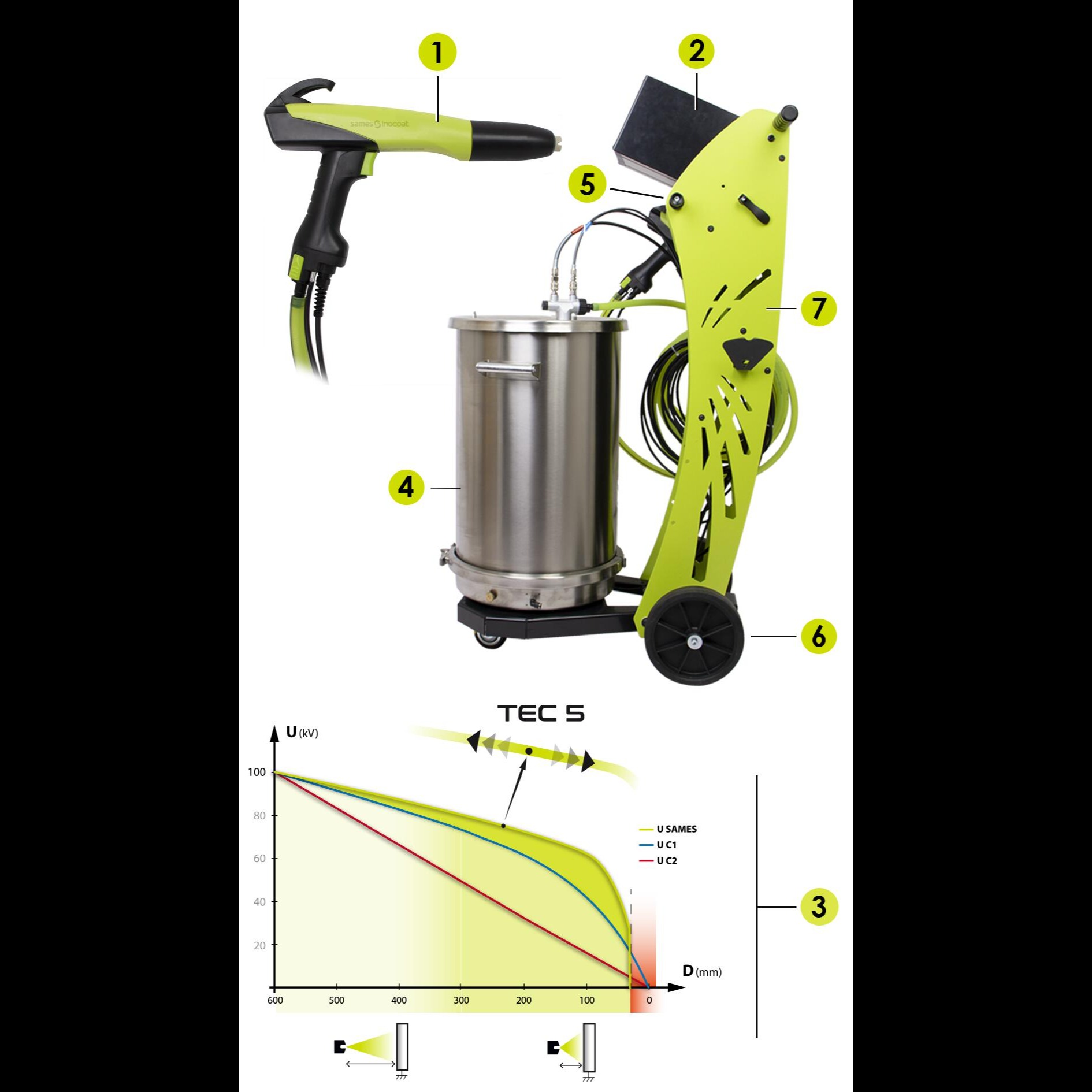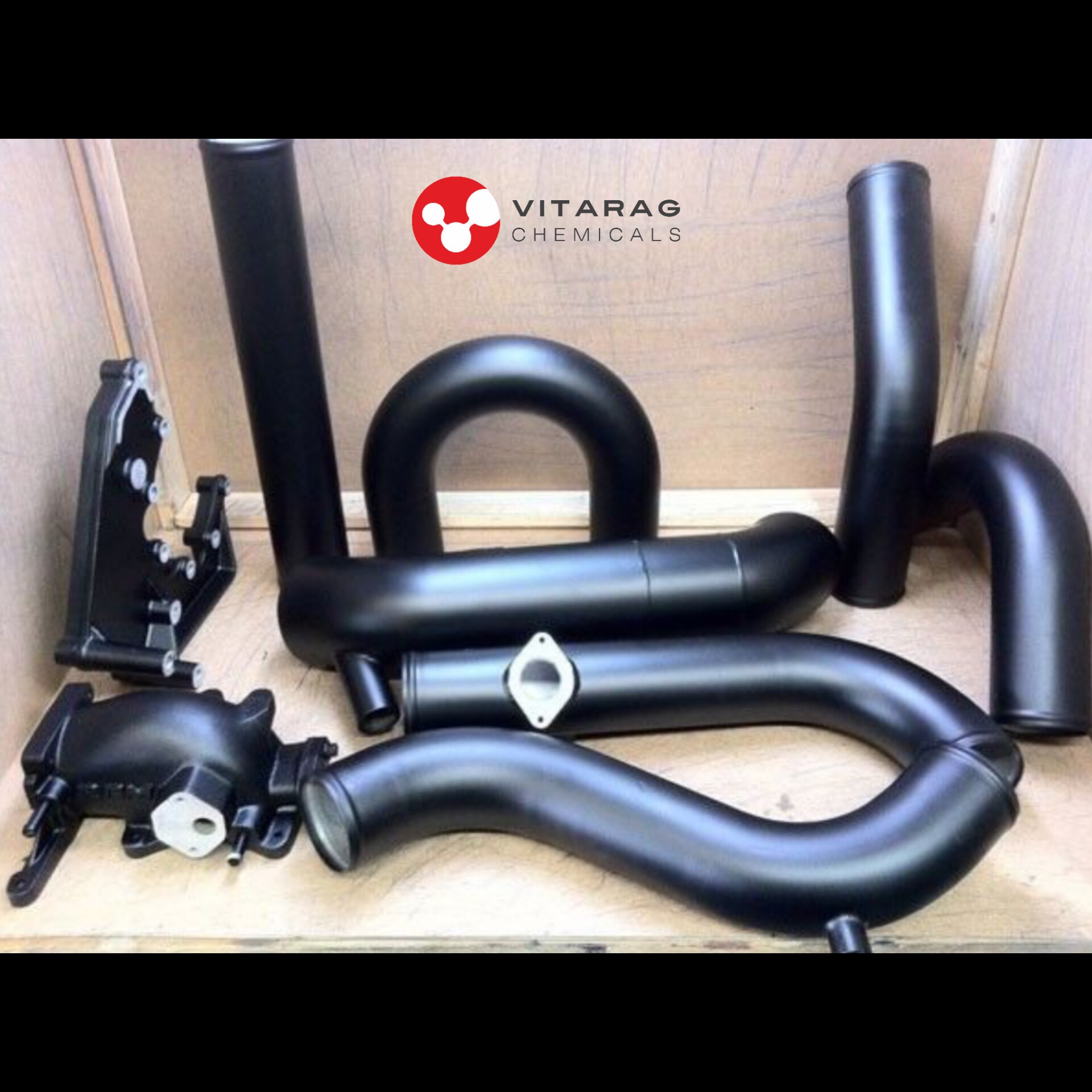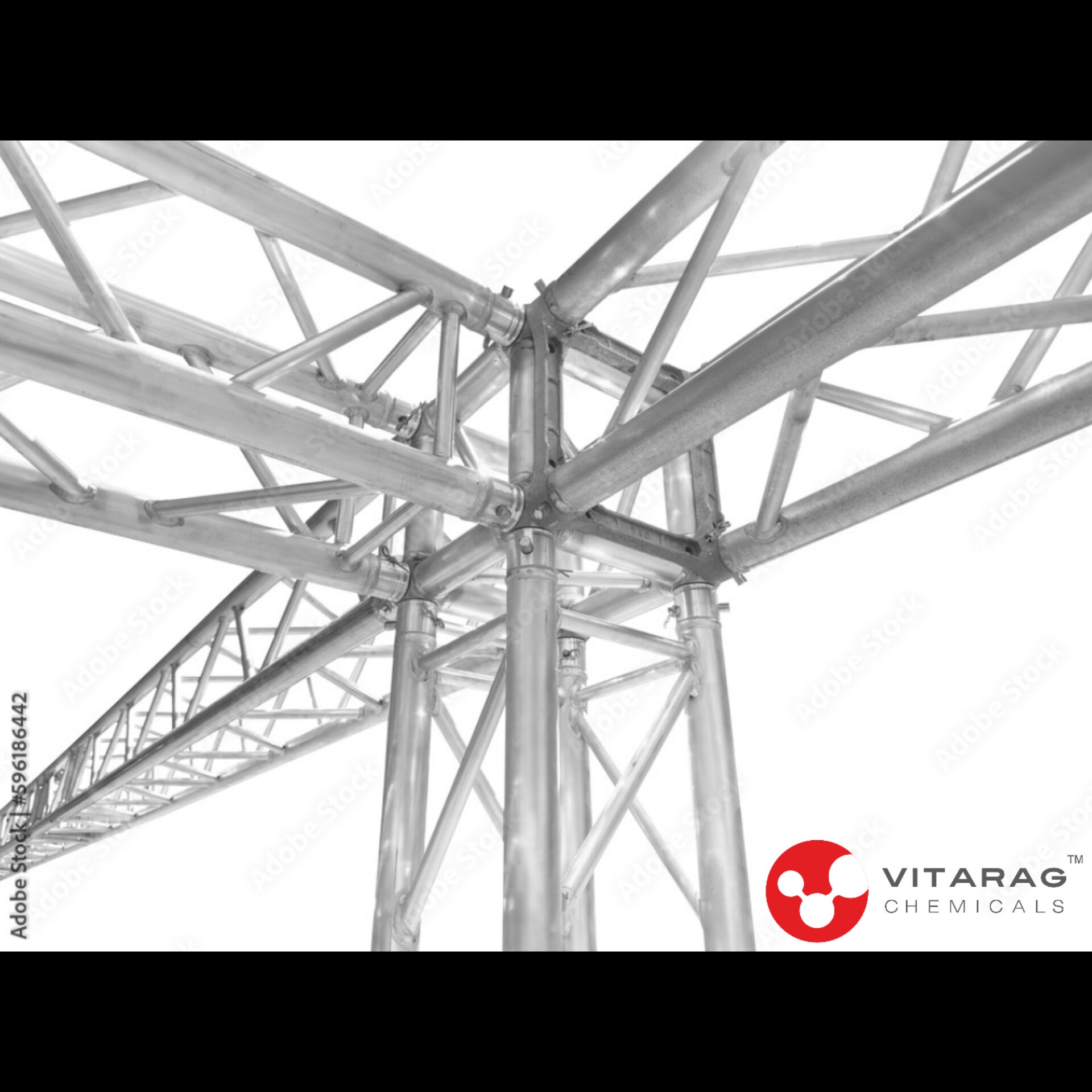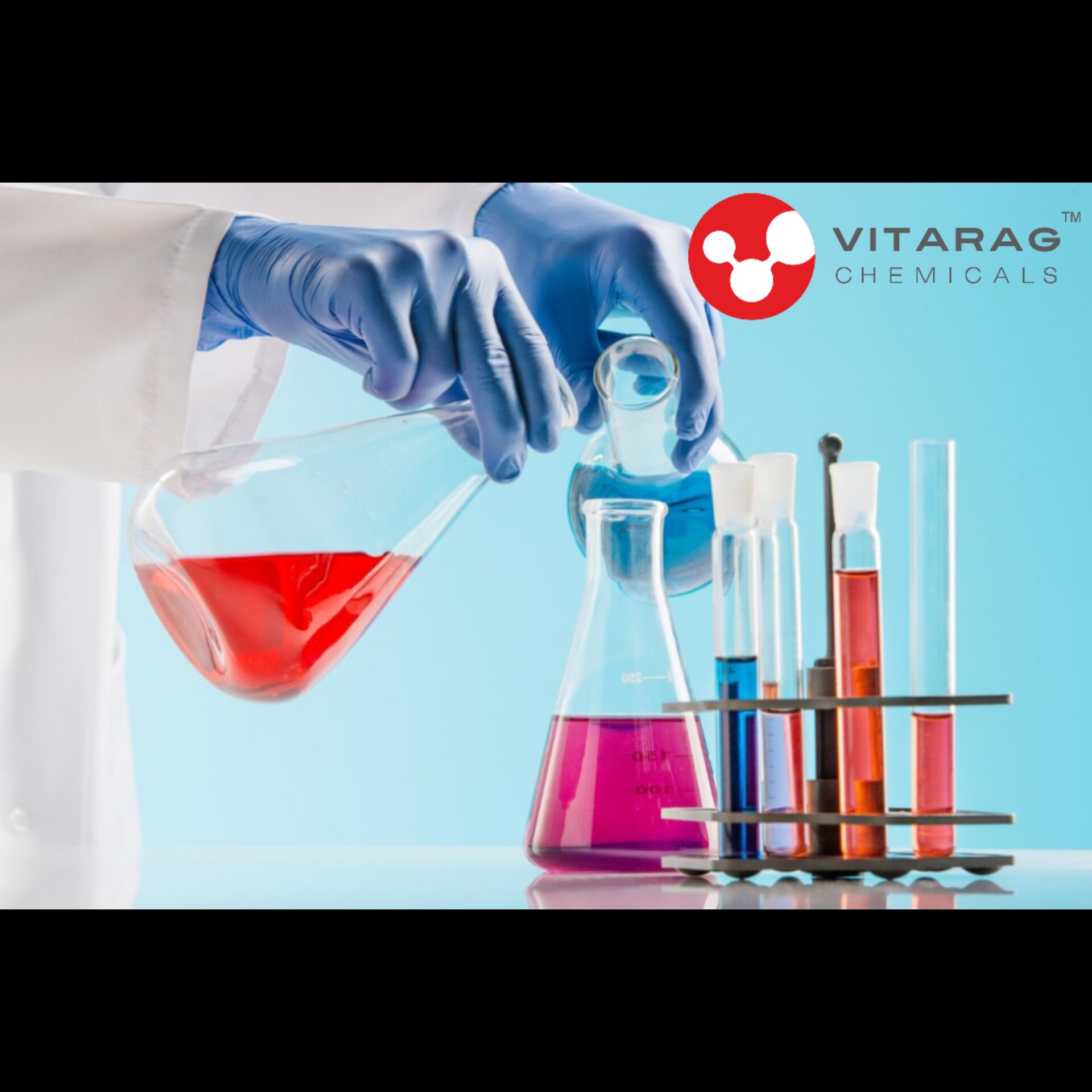
PASSIVATION
1. Metal Passivation: In metallurgy, passivation is a chemical treatment process used to make a metal surface passive, which means it becomes more resistant to corrosion. This is often achieved by forming a thin oxide layer on the surface of the metal. Stainless steel, for example, naturally forms a protective chromium oxide layer that helps prevent further oxidation and corrosion.
2. Semiconductor Passivation: In the context of semiconductors, passivation involves coating the semiconductor surface with a thin layer of dielectric material (like silicon dioxide) to protect it from environmental factors and electrical noise. Passivation helps improve device performance and reliability.
Keywords
context
example
oxidation
corrosion
thin layer
metallurgy
reliability
metal surface
semiconductors
Stainless steel
silicon dioxide
thin oxide layer
electrical noise
Metal Passivation
device performance
dielectric material
semiconductor surface
environmental factors
Semiconductor Passivation
chemical treatment process
protective chromium oxide layer




